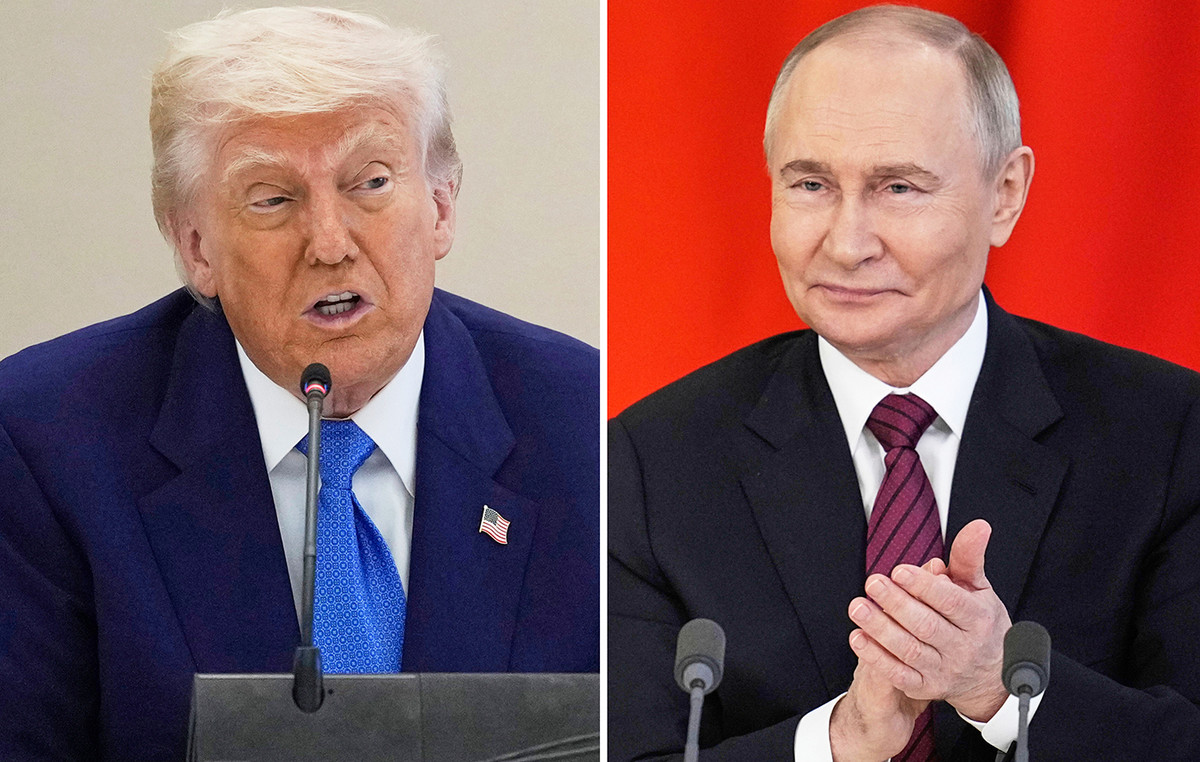If gasoline registered a drop of 20.3% in just over a month, diesel did not follow the reduction, falling 1.72% in the same period. According to the latest bulletin released by the National Agency for Petroleum, Natural Gas and Biofuels (ANP), the average price of fuel is R$7.44.
But the federal government projects a decrease for diesel as a result of the decree that postpones the fulfillment of environmental goals by fuel distributors, published last Friday (22).
Companies will have until March 2023, no longer until the end of this year, to prove the Decarbonization Credits (CBIOs), mandatory for offsetting the emission of greenhouse gases.
The postponement brought down the prices of CBIOs, which reached over R$ 200 in June. Last Thursday (21), the asset was sold at R$ 97 on the stock exchange. With the change in the term and the drop in value, the expectation of the Minister of Mines and Energy is that there will be a reduction in gasoline and diesel.
“The measure we take today from the CBIOs will go down by more than R$0.10, this time the diesel will go down”, declared the Minister of Mines and Energy, Adolfo Sachsida, last Friday, when visiting a gas station. fuels with President Jair Bolsonaro.
In June, the average price of regular diesel surpassed for the first time, since the beginning of the ANP’s historical series, the value of gasoline: R$ 7.56 against R$ 7.39. Faced with the policy of parity with the international market maintained by Petrobras, values were pressured by the rise in oil amid the war between Ukraine and Russia.
President Jair Bolsonaro initiated a series of actions to contain the increase in fuel: he changed the presidency of Petrobras and also sanctioned a project that limits the ICMS rate on fuels.
The ICMS law had an immediate effect on gasoline, which reached R$ 5.89 in the last week, a level that had not been reached since August last year. However, as the diesel rate, in most states, was already below the limit, the change did not have significant effects for the fuel.
Now, in addition to changing the CBIOs, the government is talking about importing cheaper diesel from Russia. Last Friday, President Jair Bolsonaro was asked whether the negotiation should take place by September, as he had previously announced.
“Look, if it’s all cleared up ASAP. My relationship with the Russian government is not good, it is exceptional. So, we don’t have any problems if it’s up to the Russian government to handle this matter,” the president replied.
CBIOs decree divides opinion
The Minister of Mines and Energy, Adolfo Sachsida, defended that the decree was necessary in view of the effects of the war in Ukraine for the fuel market.
“The measure is in line with the current state of emergency in Brazil, resulting from the extraordinary and unpredictable rise in the prices of oil, fuels and their derivatives and the resulting social impacts, recognized by the National Congress through the enactment of Constitutional Amendment No. /2022”, disclosed the folder.

Due to the increase in the prices of CBIOs, the ministry also requested an investigation from the Administrative Council for Economic Defense (Cade) of a possible violation of the economic order.
The National Federation of Fuel, Natural Gas and Biofuel Distributors (BRASILCOM) told CNN that it supports and considers the government’s decision timely.
“The measure will result in a reduction in fuel costs, which will be passed on in the price to the consumer”, declared the entity in a note, adding that “a study carried out by the Department of Industrial Engineering at CTC/PUC-Rio, under the command of professor Márcio Thomé and support from BRASILCOM, with an assessment of the three years of implementation of the National Biofuels Policy – RenovaBio, showed that, with the CBIO at R$ 200 (amount reached at the end of last June), the impact on the price of liter of fuel (gasoline and diesel) was an addition of BRL 0.15.”
wanted by CNN the Brazilian Sugarcane Industry Association (Unica) preferred not to comment on the decree.
Last week, before the measure was made official, the entity’s president, Evandro Gussi, had indicated the expectation that the matter would be publicly discussed at the National Energy Policy Council.
“We don’t see legal support, legal support. For us, it is clear that the fulfillment of these goals must be done annually. When the CBIO was at R$29, we did not complain that it was too low, despite our costs. Price is a market mechanism, today we have a liberal government that likes the orthodox economic process, that is, that respects the free organization of the market”, declared the president of Unica, last Wednesday (21).
Adriano Pires, director of the consulting firm Centro Brasileiro de Infraestrutura, who was nominated by the government for the presidency of Petrobras this year, believes that the decree causes problems for the biofuels sector.
“The CBIO was created to generate predictability for those who produce ethanol, as a way to create revenue. When you change the rule, a certain legal and regulatory instability ends up as a child. And ethanol is already losing competitiveness to gasoline. From the point of view of energy and environmental policy, this postponement is a setback”, he evaluates.
THE CNN contacted the Ministry of Mines and Energy about criticism of the postponement and awaits a response.
Source: CNN Brasil
I am Sophia william, author of World Stock Market. I have a degree in journalism from the University of Missouri and I have worked as a reporter for several news websites. I have a passion for writing and informing people about the latest news and events happening in the world. I strive to be accurate and unbiased in my reporting, and I hope to provide readers with valuable information that they can use to make informed decisions.







